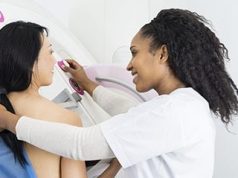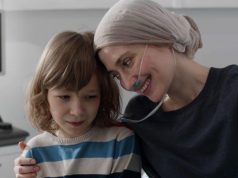‘Watson Oncology’ agreed with doctors 90 percent of the time in many cases, researchers find
FRIDAY, Dec. 9, 2016 (HealthDay News) — An artificially intelligent computer system, Watson Oncology, is making breast cancer treatment recommendations in concordance with those made by oncologists, according to a study presented at the annual San Antonio Breast Cancer Symposium, held from Dec. 6 to 10 in Texas.
In its oncology role, Watson processes a patient’s medical history and current cancer data in under a minute. It then spends another minute reviewing all existing medical evidence regarding their particular form of cancer, study coauthor S.P. Somashekhar, M.B.B.S., chairman of the Manipal Comprehensive Cancer Center in Bengaluru, India, told HealthDay. The program then lists possible treatments in three categories — recommended treatments, treatments worth considering, and therapies not recommended, Somashekhar said.
To test the program’s effectiveness, Somashekhar and his colleagues studied the cases of 638 breast cancer patients who had been treated at Manipal Hospitals in India. The team entered data on the cases into the computer system, and compared Watson’s recommendations to those produced by a group of 12 to 15 oncologists who meet weekly to review cases.
Overall, 90 percent of Watson’s recommendations were consistent with the advice of the tumor board, the researchers reported. However, the degree of agreement varied depending on the type of breast cancer. The computer agreed with the human doctors nearly 80 percent of the time in cases where the breast cancer had not spread to other parts of the body, but only 45 percent of the time in metastatic cases. In cases of triple-negative breast cancer, Watson agreed with the oncologists 68 percent of the time. But in human epidermal growth factor receptor 2-negative cases, its recommendations matched the physicians’ recommendations only 35 percent of the time.
Press Release
More Information
Copyright © 2016 HealthDay. All rights reserved.








